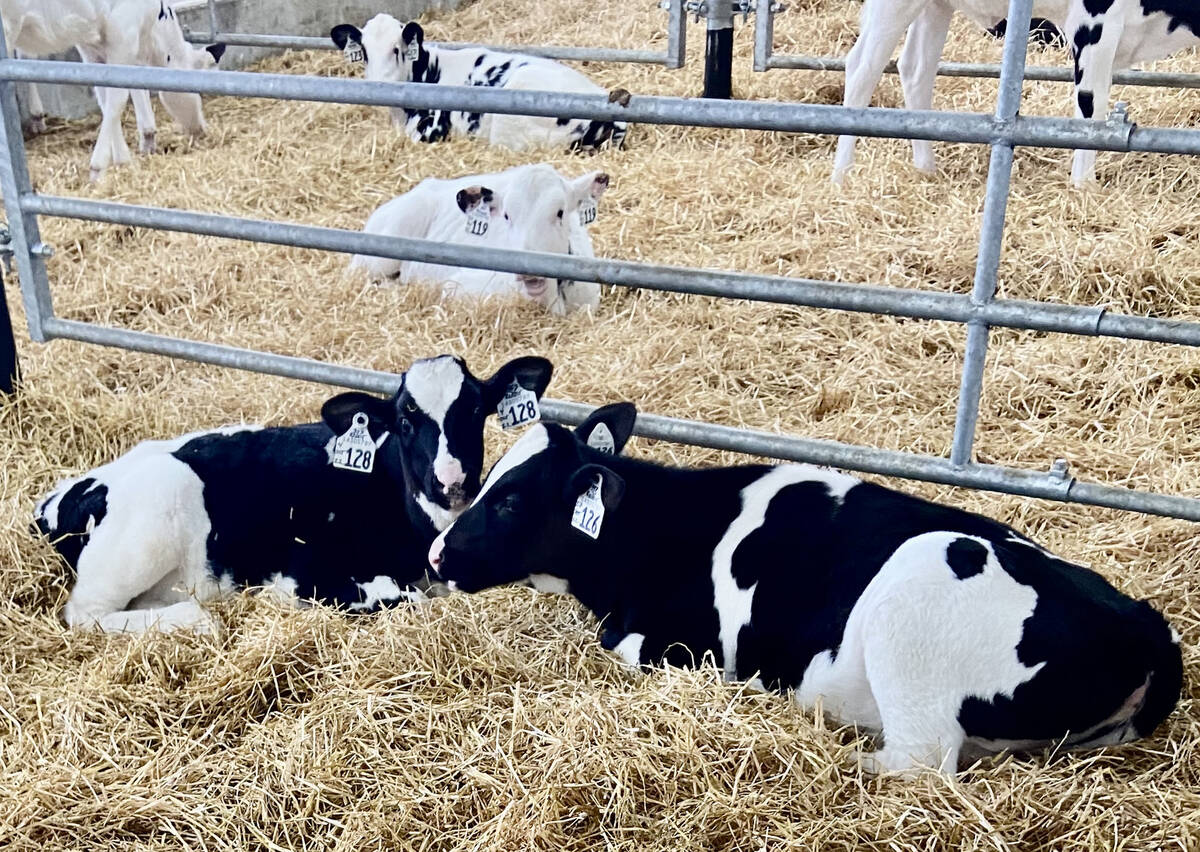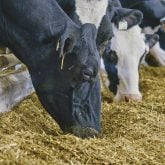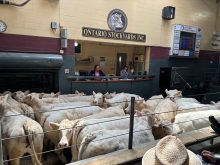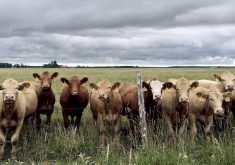President Donald Trump’s tariffs on agricultural products have Southern Ontario beef farmers worried. Though beef imports are not subject to the new 10 per cent baseline tariff, which came into effect on April 2, reciprocal tariffs are set to begin on April 9.
A recent Farm Credit Canada report estimated that “Canadian cattle prices could decline five to 10 per cent with 25 per cent tariffs applied at the U.S. border. For example, our feeder 850-lb price forecast would decline to a $320-$340 per cwt (per one hundred pounds of live weight) range.”
Read Also

Back to the drawing board for sexed semen fertility ratings
Lactanet, the national genetic evaluation and dairy data provider, goes back to the drawing board with its sexed semen fertility rating index prototype.
Ken Schaus from Schaus Group, cattle feeders in Southern Ontario, said, “Even prior to the expected start of tariffs, a major U.S. buyer of Ontario-fed cattle preemptively lowered its bid for Ontario sourced cattle by 25 per cent.” He added, “I think the preemptive measures were to make sure everyone understands who pays the tariffs. It’s the producers on the Canadian side who will pay it.”
Schaus Group specializes in order-buying cattle, and Schaus said, “The local bids for Ontario plants are already lowering their bids as well. Looking at a $500 per-head price drop last week.”
Brad Clark and his family operate a feedlot and cow-calf operation at Clarklynd Farms Inc. in Durham region just north of Toronto. “Price drops will be the immediate response of the Ontario market as a whole if the tariffs become reality. In a low-margin business like cattle feeding a drop like this in price eliminates all opportunity for profit and results in a loss of several hundred dollars per head,” he said.
Clark has hundreds of cattle that could be affected if the tariffs persist. He said, “For a feedlot operation like ours, this reduces the amount of money that we can pay other farmers for their calves that enter our feedlot. The trickle-down impact means a reduction in our ability to support other local businesses.”
John Webb has a nearly 100-head cow-calf operation in Uxbridge. “It’s hard to find anything positive,” he said. “We export a large percentage of live and processed meat to the States, so I think that would shrink. Price drops would probably happen for the stockers I sell.”
Webb is concerned about more than the price he will receive for his livestock. “Many of the items I buy will be affected by reciprocal Canadian taxes. My cost of business will go up.”
The Alberta Beef Producers mirror Webb’s concern and recently reported, “The Canadian beef industry is expected to face significant challenges due to the 25 per cent tariffs on beef exports to the U.S. As the U.S. is a major market for Canadian beef, these tariffs are likely to reduce demand and lower prices for Canadian beef producers, potentially leading to financial strain. The Canadian government and industry groups are exploring alternative markets and strategies to mitigate the impact.”
“The integration of the North American live cattle and beef supply chain is unlike anywhere in the world, contributing to both food security and local and regional food systems,” says Nathan Phinney, former Canadian Cattle Association president. “The United States and Canada have the largest two-way trade in live cattle and beef in the world. American-born cattle are fed in Canadian feedlots before returning to the United States for processing. Tariffs would greatly increase the cost of processing cattle and ultimately the cost of beef on both sides of the border.”
Dennis Laycraft, executive vice president of the Canadian Cattle Association, said he’d like to see Canada step up its international marketing efforts for Canadian beef. “World beef demand is growing faster than world beef production. We’re pretty excited about the future, which is why it’s so frustrating to go through an event like this.”
-With files from Farm Credit Canada, Alberta Beef Producers ,and the Canadian Cattle Association












